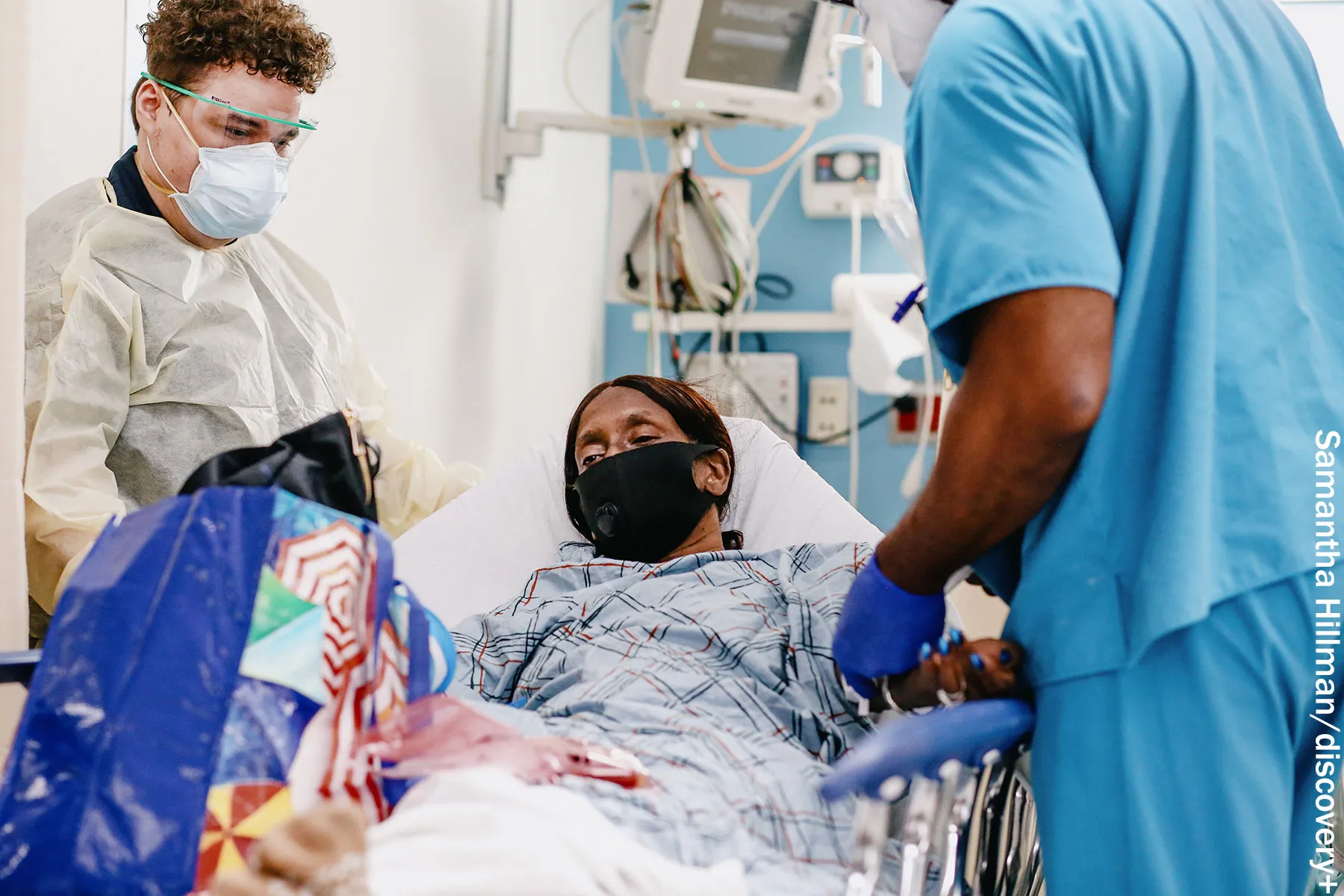July 1, 2021 — For New Yorkers, March 11 to Might 2, 2020, was most undoubtedly the worst time of the pandemic.
Almost 19,000 folks died of COVID-19 in New York Metropolis throughout these weeks, which interprets to over 350 deaths per day and multiple demise each 5 minutes. Nobody skilled the chaotic early days of the pandemic greater than the town’s important staff, together with these on the entrance strains at Mount Sinai Hospital.
And, in The Surge at Mount Sinai, a documentary streaming on discovery+ at this time, you’ll be transported into the hospital’s intensive care models and meet a number of sufferers hospitalized early on, in addition to the heroic Mount Sinai ICU medical doctors, nurses, and help workers.
To learn how his workers is doing and what he thought in regards to the movie, we interviewed David L. Reich, MD, president of Mount Sinai, one of many nation’s largest and most overwhelmed well being care methods, by way of Zoom. Learn on for his ideas on COVID-19, the documentary, and what worries him most proper now.
WebMD: When do you know we had been in bother with this virus?
Reich: Late February. I’m lucky to be related with colleagues in Italy, and the messages of desperation began coming by means of throughout that point. It was very horrifying. They defined that this isn’t only a respiratory virus and that it overwhelms hospitals and workers. They instructed me to attempt to be prepared.
WebMD: The movie actually delves into the posttraumatic stress disorder (PTSD) your workforce continues to be feeling. How a lot are you specializing in this at this time?
Reich: We’re blessed to have Dr. Dennis Charney because the dean of the Icahn College of Drugs at Mount Sinai. He’s an skilled in resilience, and he jumped on this as a result of these points are foremost on our minds. We not too long ago created the Center for Stress, Resilience, and Personal Growth to assist our workers get better. This virus was like a battle, and we all know from PTSD associated to wartime that PTSD has phases and may final a very long time. The toughest issues for our workers was the worry that they might be contaminated or carry the an infection house. Then there was the truth that, with this virus, our sufferers had been dying alone with out relations current. The workers stepped in, doing FaceTime with relations who had been saying goodbye. Our chaplains couldn’t be within the hospital so, if the households requested it, the workers, particularly our nurses, stated prayers in the meanwhile of demise. We had been a surrogate for these households who couldn’t be there on the most critically emotional second in life, which is if you lose a beloved one. To step in at that second was one thing that modified all of us eternally.






